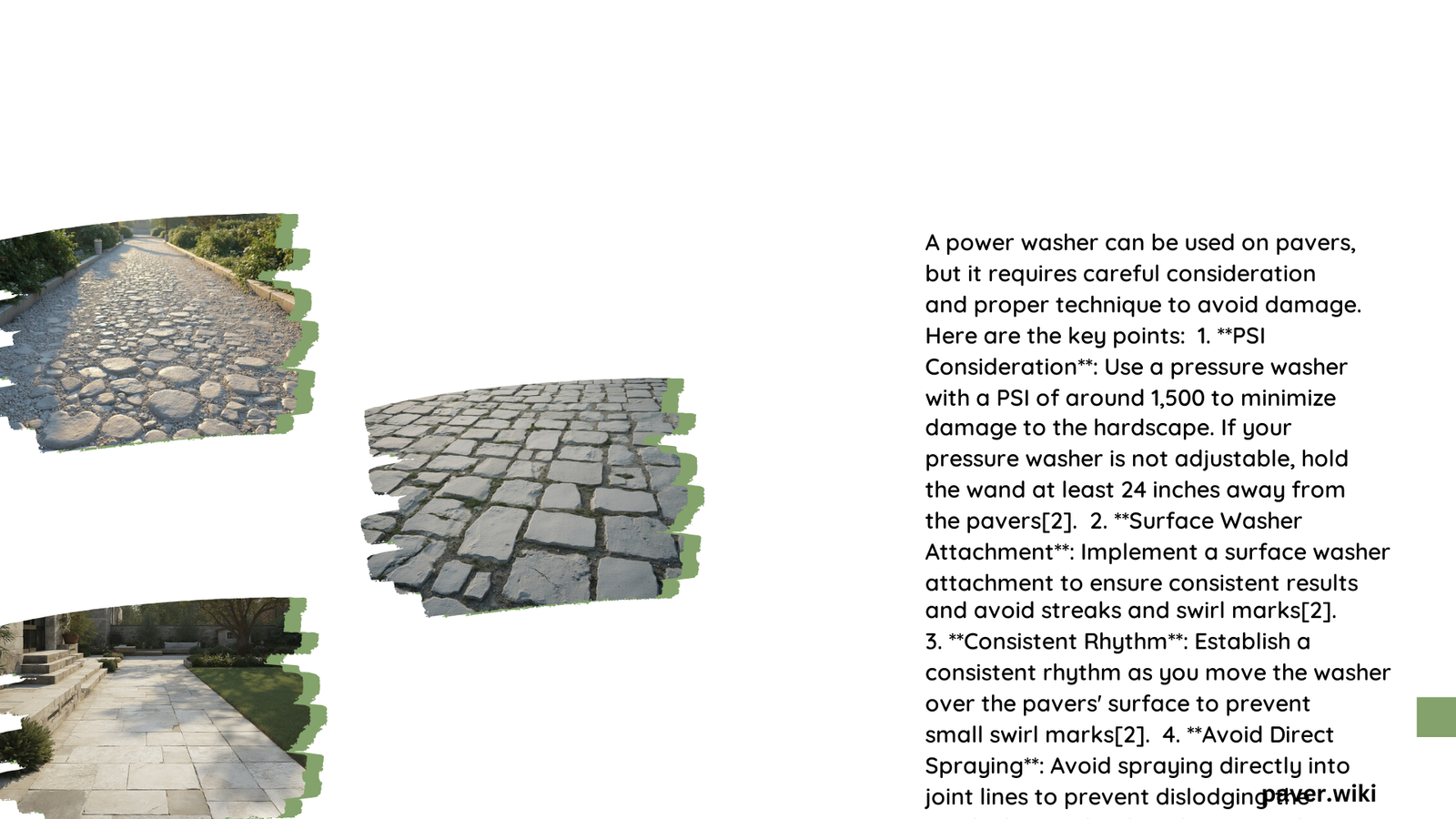Power washing pavers can be an effective cleaning method, but it requires caution and proper technique to avoid damage. The decision to use a power washer depends on factors such as paver type, equipment, and preparation. While power washing can restore the appearance of pavers, improper use may lead to surface erosion, joint sand displacement, or cracking. This article explores the pros and cons of power washing pavers and provides guidelines for safe and effective cleaning.
What Are the Conditions for Safe Power Washing of Pavers?
Before using a power washer on pavers, consider the following conditions:
- Paver Material:
- Concrete pavers
- Brick pavers
-
Natural stone pavers (require extra caution)
-
Equipment:
- Pressure washer with adjustable settings
-
Surface cleaner attachment
-
Preparation:
- Clear debris
- Pre-rinse with a garden hose
- Apply cleaning solution if necessary
What Are the Best Pressure Settings for Different Paver Types?

Proper pressure settings are crucial to avoid damage:
| Paver Type | Recommended Pressure (PSI) |
|---|---|
| Concrete | 1,000 – 2,000 |
| Brick | 1,000 – 2,000 |
| Natural Stone | 500 – 1,000 |
Always start with the lowest pressure and gradually increase as needed.
How Can Power Washing Damage Pavers?
Improper power washing techniques can lead to several issues:
- Surface Erosion:
- Pitting
- Line formation
-
General surface degradation
-
Joint Sand Displacement:
- Compromised structural integrity
-
Paver movement
-
Cracking:
- Especially in natural stone pavers
- Possible in concrete pavers due to uneven stress
What Preventative Measures Should Be Taken When Power Washing Pavers?
To minimize the risk of damage:
- Use low-pressure settings initially
- Maintain a safe distance between the nozzle and pavers
- Utilize a wide fan tip for even pressure distribution
- Avoid harsh chemicals
- Test on a small, inconspicuous area first
- Consider professional services if unsure
What Are the Recommended Sealant Options After Power Washing Pavers?
Applying a sealant after power washing protects the pavers:
- Acrylic Sealants:
- Suitable for concrete and brick pavers
-
Provides a protective barrier against stains and weathering
-
Silane-Based Sealants:
- Ideal for natural stone pavers
-
Penetrates the stone for long-lasting protection
-
Silicone-Based Sealants:
- Versatile option for various paver types
- Offers good protection against moisture and stains
How Should Sealants Be Applied to Pavers?
Follow these steps for proper sealant application:
- Ensure pavers are completely dry
- Apply thin, even layers to avoid pooling
- Allow proper drying time:
- Acrylic: 24-48 hours
- Silane-based: Up to 72 hours
-
Silicone-based: 24-48 hours
-
Follow manufacturer’s instructions carefully
By considering these factors and following proper techniques, power washing can be an effective method for cleaning pavers without causing damage. Always prioritize the specific needs of your paver type and err on the side of caution when in doubt.
References:
1. Mi Painting: Power Washing Paver Patio – The Ultimate Guide
2. ENVIRO Clean: Why You Shouldn’t Pressure Wash Concrete Pavers
3. Pro Seal NJ: What You Need to Know About Paver Washing
